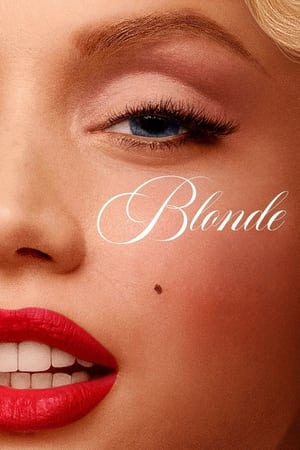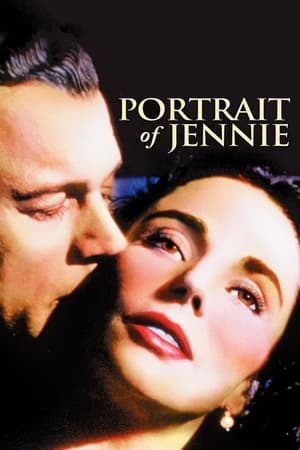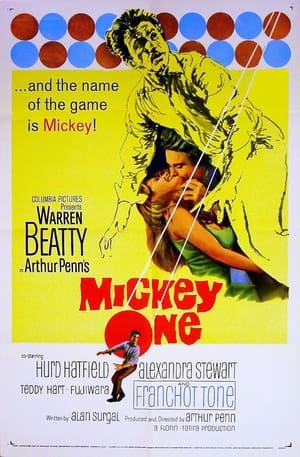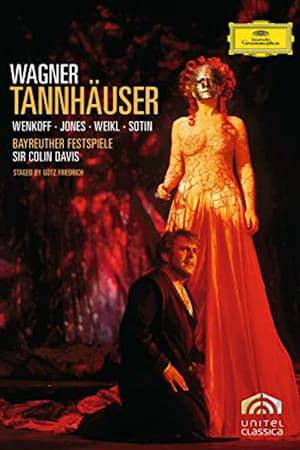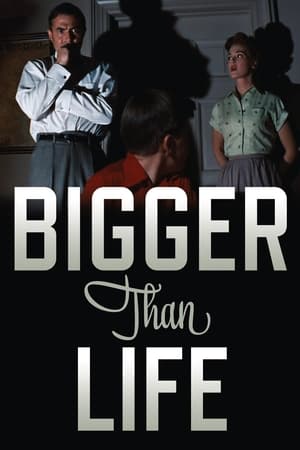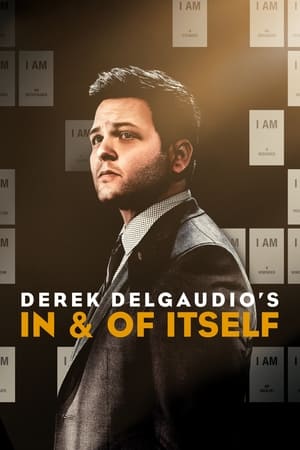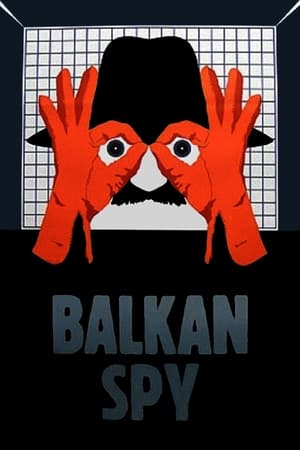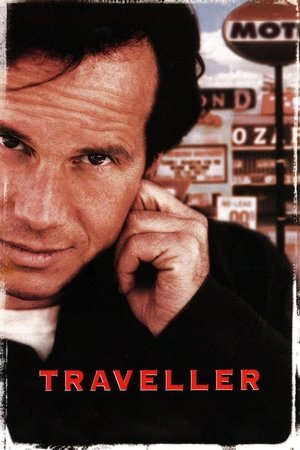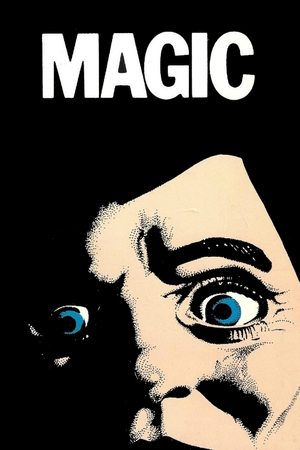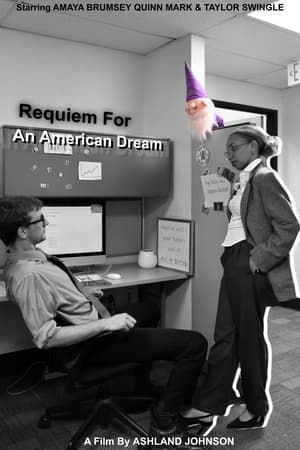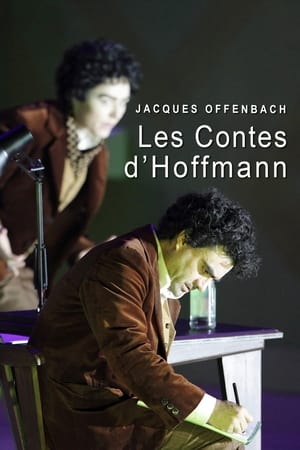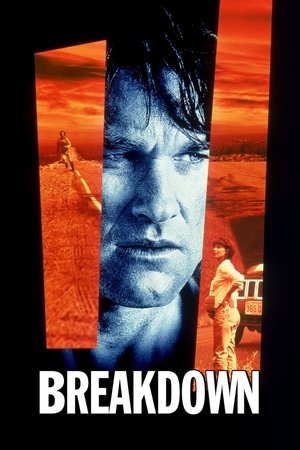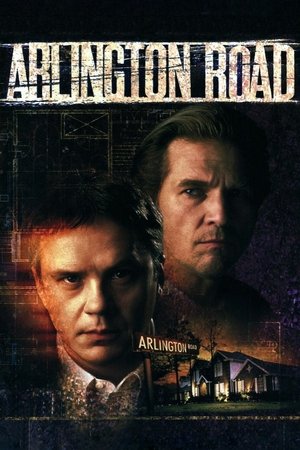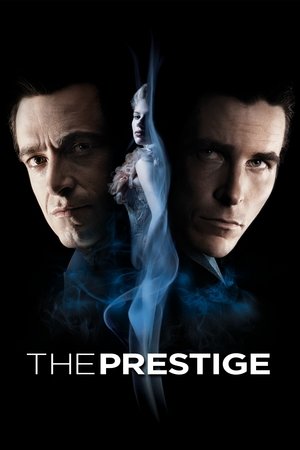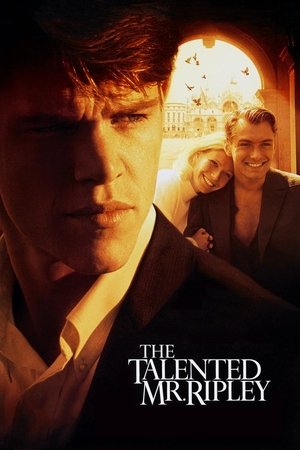Overview
A traveling magician and his troupe arrive in a Swedish town in the 1840s, where their act is scrutinized by local authorities and a skeptical medical official. Their stay leads to a series of confrontations that test the boundaries between performance, belief, and deception.
Reviews
The three films that Ingmar Bergman produced at the close of the 1950s – Det sjunde inseglet, Smultronstället and Jungfrukällen – tower so high in his output that one might forget that these were not his only productions of the era. Ansiktet ("The Face", released in English-speaking markets as The Magician) from 1958 is one of his lesser-known films.
In mid-19th century Sweden the magician Albert Emanuel Vogler (Max van Sydow) goes from town to town promising people cures for their ailments and performing magic tricks, including what was the sensation of the time, hypnosis. He is joined by his tout (Aake Fridell), his "ward" Mr. Aman (Ingrid Thulin) and his "grandmother" and the troupe's maker of patent medicine (Naima Wifstrand). After fleeing the law after a performance in one town, they pass through the forest and enter another community. Here they are detained by the authorities, so that the physician Vergerus (Gunnar Bjornstrand), the consul Egerman (Erland Josephson) can decide a wager on whether Vogler's tricks are real spiritual powers or scientifically explainable illusions.
While Ansiktet should not be overlooked for fans of Bergman, I think it is fair that the film is not ranked among Bergman's greatest achievements. Characterization is pretty slim – we get no idea of why Vogler and his companion chose this life, and Vergerus is so shallow that Gunnar Bjornstrand seems wasted. And had the film ended three minutes earlier it would have been one of Bergman's more powerful conclusions, but instead we get a completely unexpected happy ending that just seems lame. Much of the middle part of the film depends on sex jokes that are funny at times, but I suspect anyone who knows Bergman's great output will continuously be thinking that he's capable of so much more than this.
Still, Ansiktet does have a generally thought-provoking dramatic arc, and some moments will prove memorable. I especially admired the battle between Vergerus and Vogler and the magician's breakdown (funny how his temperment appropriately changes with his clothes in this scene).
I thought there was something of the slightly menacing John Carradine in Max Von Sydow's performance here, as the eponymous purveyor of bafflement. His troupe arrive in a forewarned small Swedish town that is full of scepticism about the wares and skills of the "Vogler" enterprise. MVS is the master magician, with his wife "Wanda" (Ingrid Thuler), his anti-wart tonic mixing aunt/grandmother (the scene-stealing Naira Wifstrand) and the enigmatic "Tubal" (Åke Fridell) all pulling their weight in this family business. The local police commissioner (Toivo Paulo) is deeply suspicious and demands that before they try out their "gifts" on the more gullible wider population, they demonstrate to a triumvirate of himself, local bigwig "Egerman" (Erland Jospehson) and the downright hostile health minister "Vergerus" (Gunnar Björnstrand). Now try as they might, these detractors just cannot disprove what they are seeing. Can this be real or is the "Vogler" science just too clever for them? What now ensues sees a sophisticated and frequently quite amusing series of battles of wits emerge. Not just between the accusers and the visitors, but soon we see a fracturing dynamic amongst the family itself as cracks begin to emerge and eyes (and hands) start to wander. It's the clever denouement that still holds up well and allows this enjoyably under-scripted poke at science and horror to conclude in an almost workmanlike manner. As ever with Bergman, it's also about the photography - and some of the intensity here, especially around the frequently rather sexually ambiguous wife, focusses on the eyes. Always the eyes. That really works well to build and sustain the growing hint of mystery and intrigue. Even we are not entirely sure what's going on and surely we would be wise to what must be their fraud? Good stuff!

 102 min
102 min
 7.365
7.365
 1958
1958
 Sweden
Sweden
 CRCulver wrote:
CRCulver wrote: